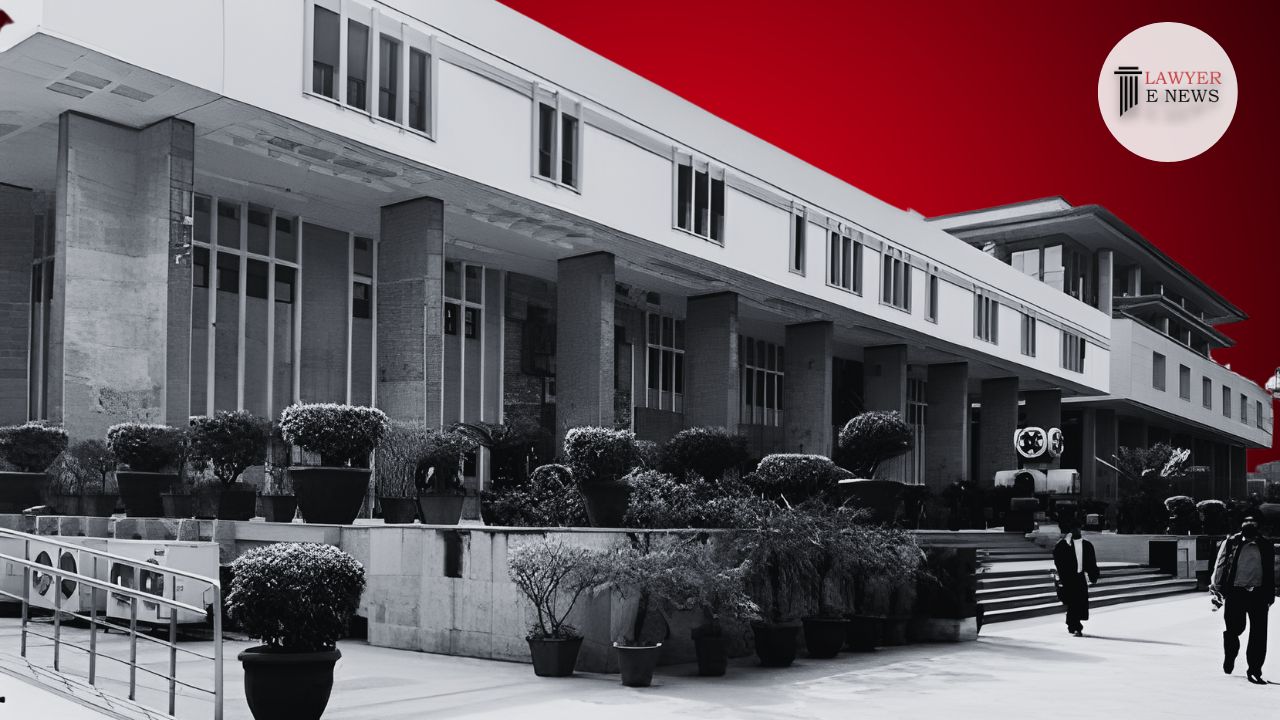-
by Admin
15 February 2026 5:35 AM



In a significant judgment, the Delhi High Court dismissed a writ petition challenging a detention order under the Conservation of Foreign Exchange and Prevention of Smuggling Activities Act, 1974 (COFEPOSA). The petitioner, Fazila Sayyed, widow of the detainee Sayyed Hussain Madar, contested the order which had been issued on procedural grounds, including delays and language barriers.
The detention order was issued against Sayyed Hussain Madar, also known as Chand, back in May 2005 due to his involvement in a large-scale smuggling operation involving over 635 metric tonnes of diesel. Despite his demise, proceedings continued against his estate under the Smugglers and Foreign Exchange Manipulators (Forfeiture of Property) Act, 1976 (SAFEMA).
Language and Communication: The court dismissed the claim that Madar did not understand English, citing previous affidavits and statements where Madar had communicated effectively in English. This countered the defense’s argument that he was unable to comprehend the detention order and associated documents.
Delay in Execution of Detention Order: The court found that the delay was primarily due to Madar’s evasive actions rather than any negligence by the authorities. It was revealed that despite multiple attempts to serve the detention order, Madar was not present and had been avoiding arrest.
Non-Application of Mind: The petitioner argued that the detaining authority had failed to consider that Madar was not the main operator but merely a transporter. The court rejected this claim, emphasizing that the organized nature of Madar’s involvement justified the detention to prevent future smuggling activities.
Supply of Documents: The defense’s claim regarding non-supply of documents was also dismissed. The court ruled that all necessary efforts had been made to inform Madar about the case against him.
Decision: The High Court, through Justices Manoj Jain and Suresh Kumar Kait, upheld the detention order, stating that the petitioner could not demonstrate any procedural lapses that would warrant the quashing of the order. The court remarked, “No one can be permitted to take advantage of his own wrongful conduct,” highlighting the principle that individuals cannot escape legal consequences through their own evasions.
Date of Decision: April 23, 2024
FAZILA SAYYED VERSUS UNION OF INDIA & ORS.
